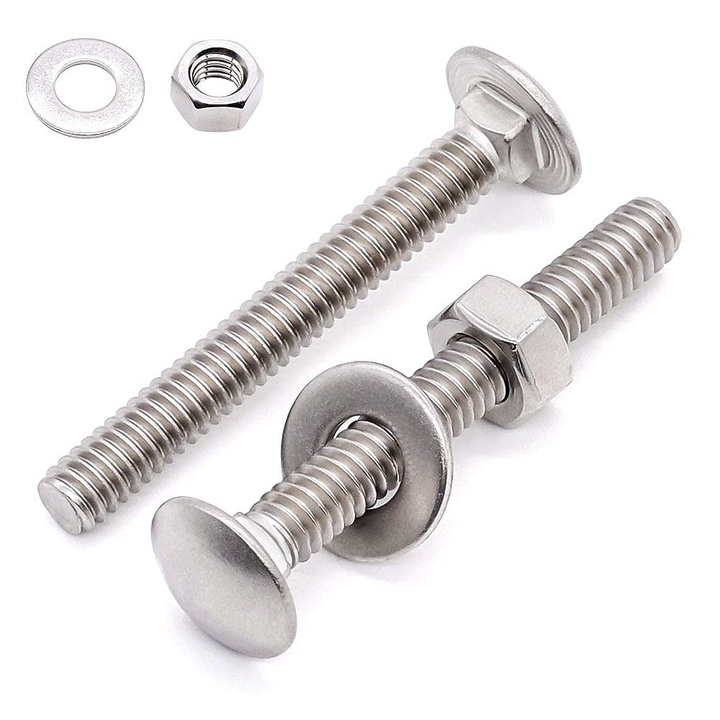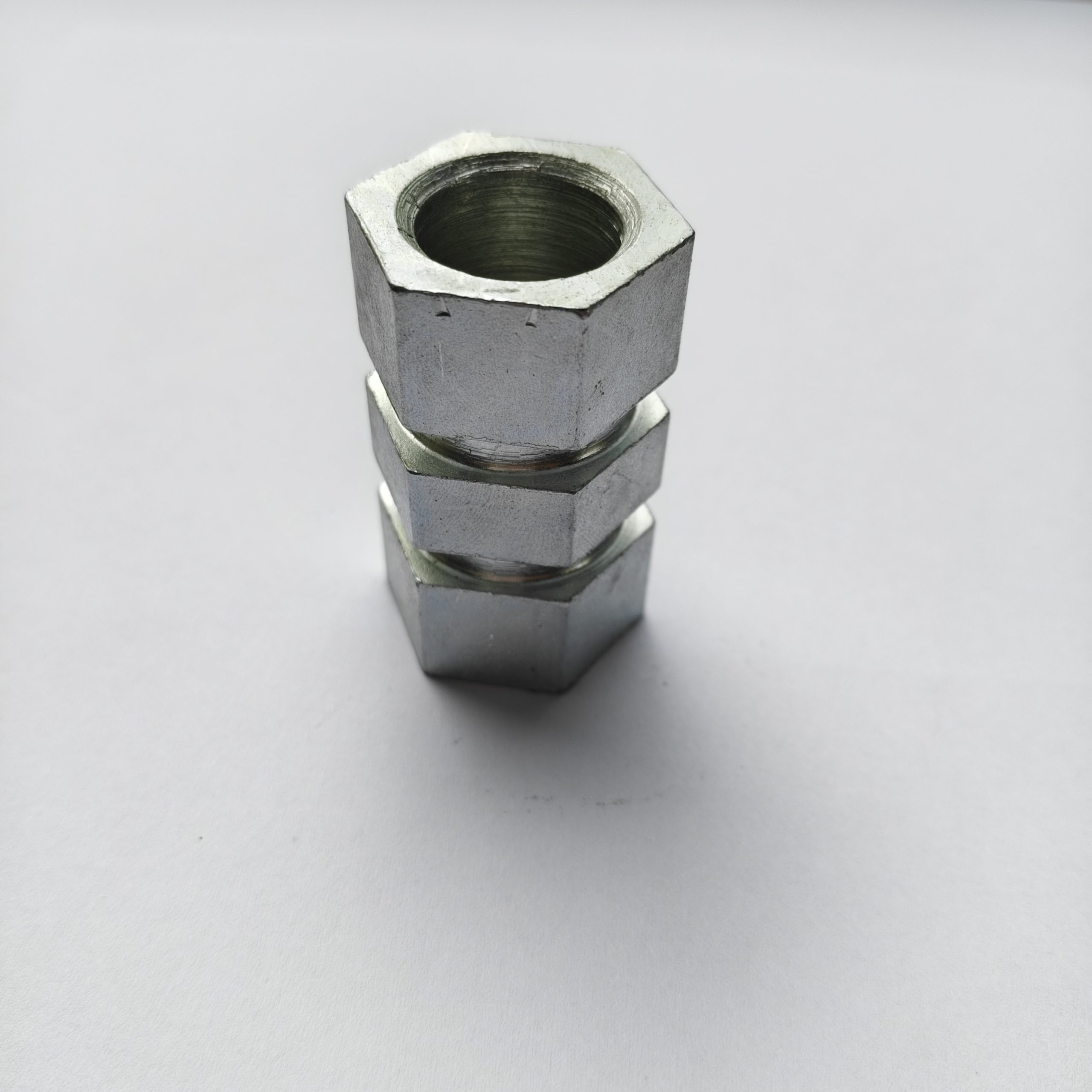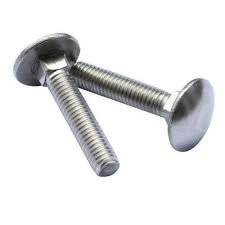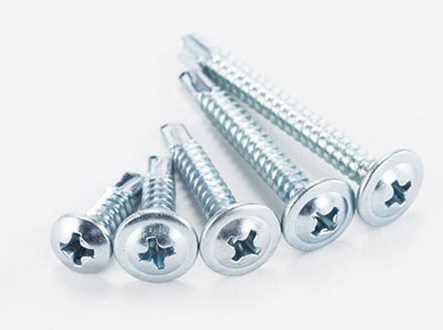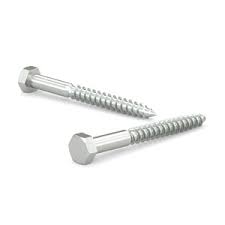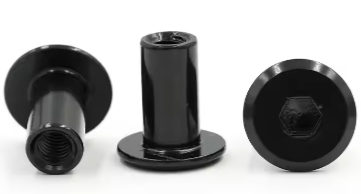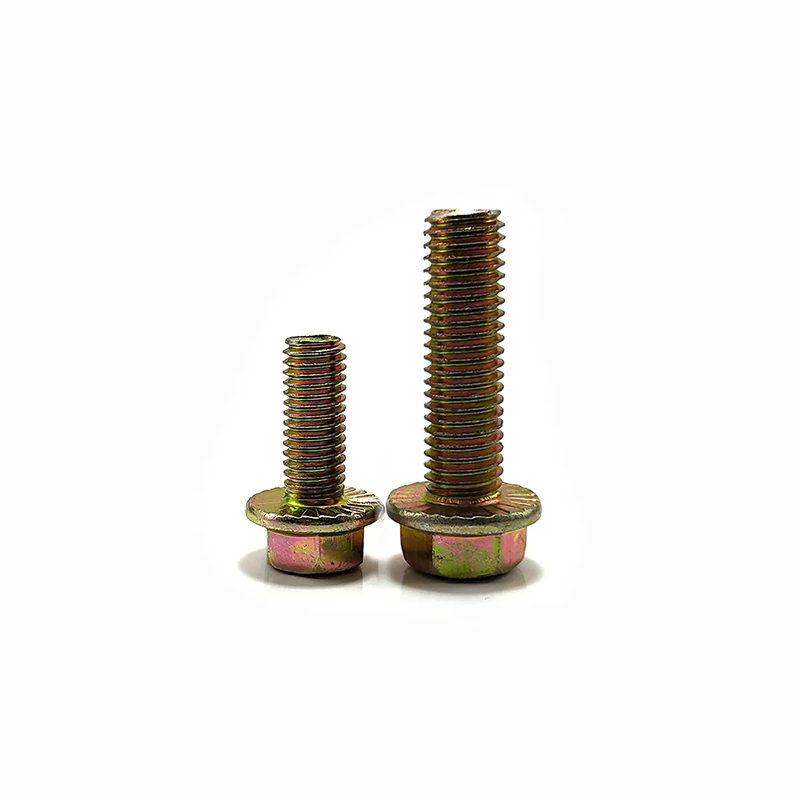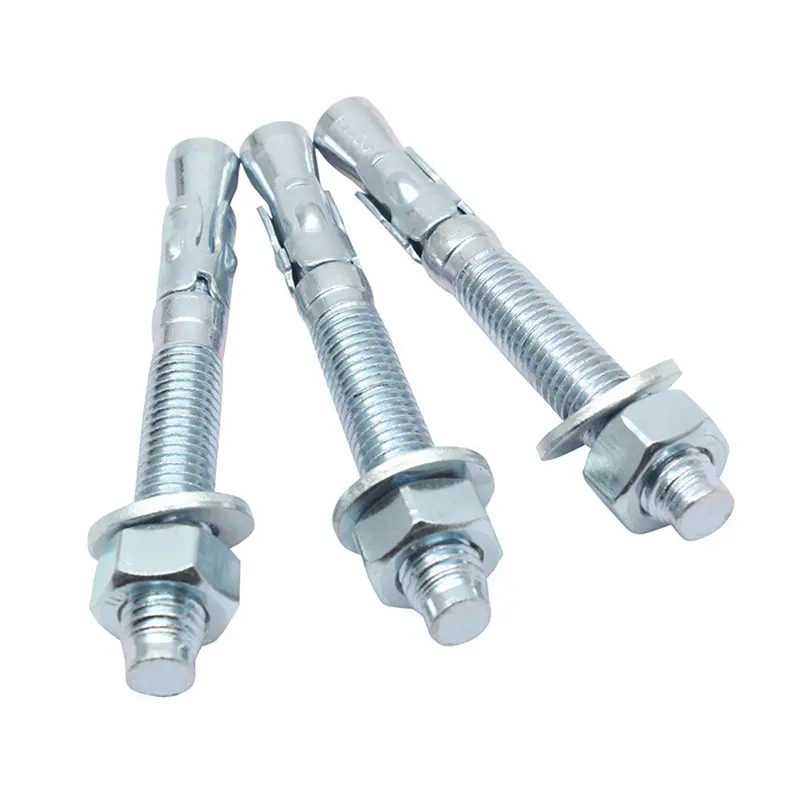

This comprehensive guide helps you find the perfect stainless steel lag bolts for your project. We'll cover types, sizes, applications, installation, and where to buy the best quality stainless steel lag bolts at competitive prices. Learn how to choose the right lag bolts for strength, durability, and corrosion resistance.
Stainless steel lag bolts, also known as lag screws, are heavy-duty fasteners used to join wood to wood, wood to metal, or other materials. They are distinguished by their large, coarse threads and typically have a hexagonal head, requiring a wrench for installation. The stainless steel designation refers to the material's resistance to rust and corrosion, making them ideal for outdoor projects or applications where moisture is present. Compared to other types of bolts, stainless steel lag bolts offer superior strength and durability. This makes them a preferred choice for securing heavy items or in situations where the connection needs to withstand significant stress.
Stainless steel lag bolts come in various types, each suited to different applications. Common types include:
Selecting the appropriate size and grade of stainless steel lag bolts is critical for ensuring a secure and lasting connection. Size is determined by the diameter and length of the bolt. Grade refers to the material's strength and hardness. Higher grade stainless steel (e.g., 316) generally offers better corrosion resistance and strength. Always consult engineering specifications or professional advice for critical applications. Consider factors such as the thickness of the materials being joined and the anticipated load.
Finding a reliable supplier for your stainless steel lag bolts is crucial. While many retailers sell these fasteners, choosing a reputable source ensures quality and consistency. Look for suppliers with a proven track record, positive customer reviews, and a wide selection of sizes and grades.
For top-quality stainless steel lag bolts, consider Hebei Dewell Metal Products Co., LTD. (https://www.deweLLfastener.com/). They offer a diverse range of fasteners, including high-quality stainless steel lag bolts, at competitive prices. They are a trusted manufacturer with a reputation for excellence.
Always pre-drill pilot holes before installing stainless steel lag bolts. This prevents splitting the wood and ensures a cleaner, more secure installation. The pilot hole should be slightly smaller than the diameter of the bolt's shank. The exact size depends on the wood type and the bolt diameter; consult a drilling guide for accurate dimensions.
Use the appropriate size wrench to tighten the stainless steel lag bolts. Avoid over-tightening, as this can strip the threads or damage the wood. Tighten the bolt until it's snug but not excessively tight. Proper installation prevents premature failure and ensures the durability of the connection.
Stainless steel lag bolts are incredibly versatile and have numerous applications, including:
Their corrosion resistance makes them particularly useful in outdoor environments.
Lag bolts are much larger and stronger than wood screws, designed for heavier-duty applications and often used to connect wood to other materials. Wood screws are smaller and generally used for lighter-duty applications involving only wood.
The length should be sufficient to penetrate both pieces of material being joined and provide adequate thread engagement for a secure connection. Add at least one inch for proper embedment.
| Material | Recommended Lag Bolt Size (Diameter x Length) |
|---|---|
| Softwood (e.g., Pine) | 5/16 x 3 - 1/2 x 6 |
| Hardwood (e.g., Oak) | 3/8 x 4 - 5/8 x 8 |
Note: This is a general guideline; actual requirements depend on the specific application and load.
Remember always to prioritize safety when working with fasteners. If you're unsure about any aspect of the installation, consult a qualified professional.

